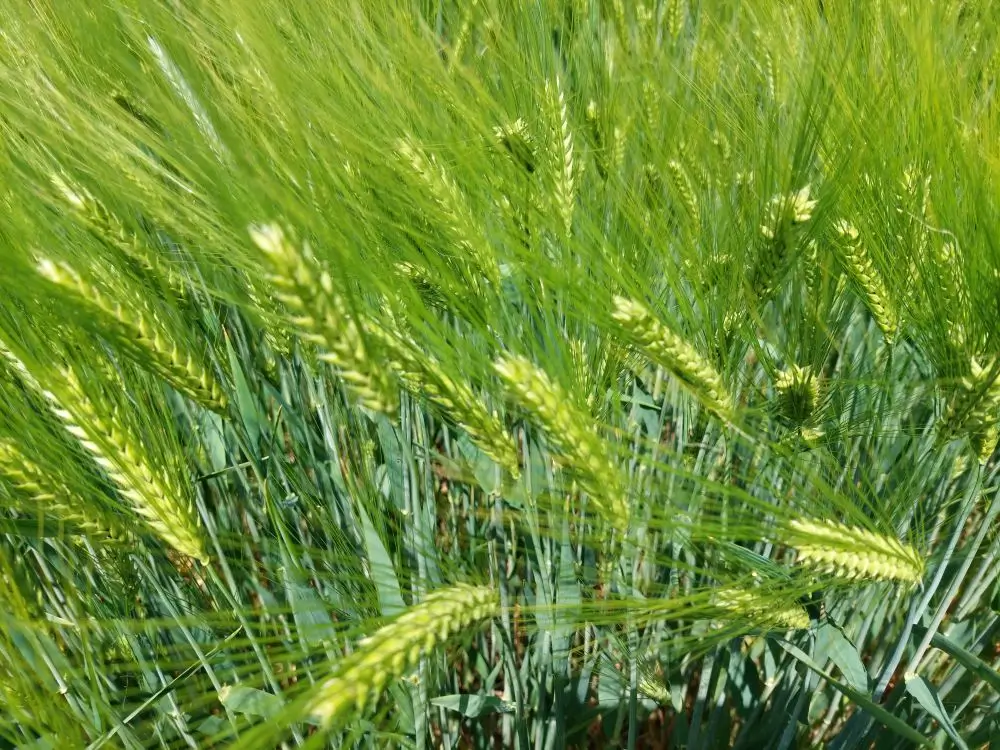
Germany’s grain harvest this year has been significantly better than last year, and early signs indicate a promising autumn for potatoes, apples, and grapes. However, the German Farmers’ Association (Deutscher Bauernverband, DBV) warns of a “catastrophic price situation” for many domestic products, alongside rising costs and bureaucratic hurdles. Farmers’ President Joachim Rukwied stressed that the competitiveness of German agriculture is at risk, as is the country’s food security.
According to the DBV’s latest harvest estimate, Germany is expected to produce approximately 43.5 million tonnes of grain this year, four percent above the five-year average and eleven percent higher than the poor 2024 harvest. The most important crop, winter wheat, rose from 17.8 million tonnes last year to 21.7 million tonnes this year, driven by both higher yields per hectare and an expansion of cultivated areas. Winter barley and winter rapeseed also exceeded last year’s yields.
Despite these gains, prolonged rainfall in July delayed wheat harvesting in some areas, causing a decline in quality. Rukwied explained that some grain is no longer suitable for bread but “only for feed.” Other crops fared at an average level, with satisfactory yields for early potatoes and cherries, while autumn crops like corn, sugar beets, and vegetables such as cabbage benefited from the rains.
The market situation, particularly for grain, remains “disastrous,” Rukwied said. Global factors, including Russia exporting its harvests at low prices and Ukrainian grain affecting Eastern European markets, are driving price pressures. German grapes faces declining global consumption, with consumers increasingly choosing foreign grapes despite the high quality of domestic products.
Rising operational costs are another challenge, especially for labor-intensive farms, such as strawberry and asparagus producers, who face increasing minimum wages compared with lower rates in countries like Poland and Spain. Rukwied called for special solutions to protect German agriculture, warning that “soon there may be hardly any German strawberries on our tables.”
The DBV president also urged policymakers to implement “effective measures to strengthen competitiveness,” including reducing bureaucracy, targeted financial relief, investment incentives for livestock facilities, support for new farming technologies, and faster approval processes for crop protection products, ideally at the European level.
Rukwied emphasized that Germany’s agricultural challenges are not just about competitiveness but also food security, stating, “Here, we are slowly entering a risky situation.”